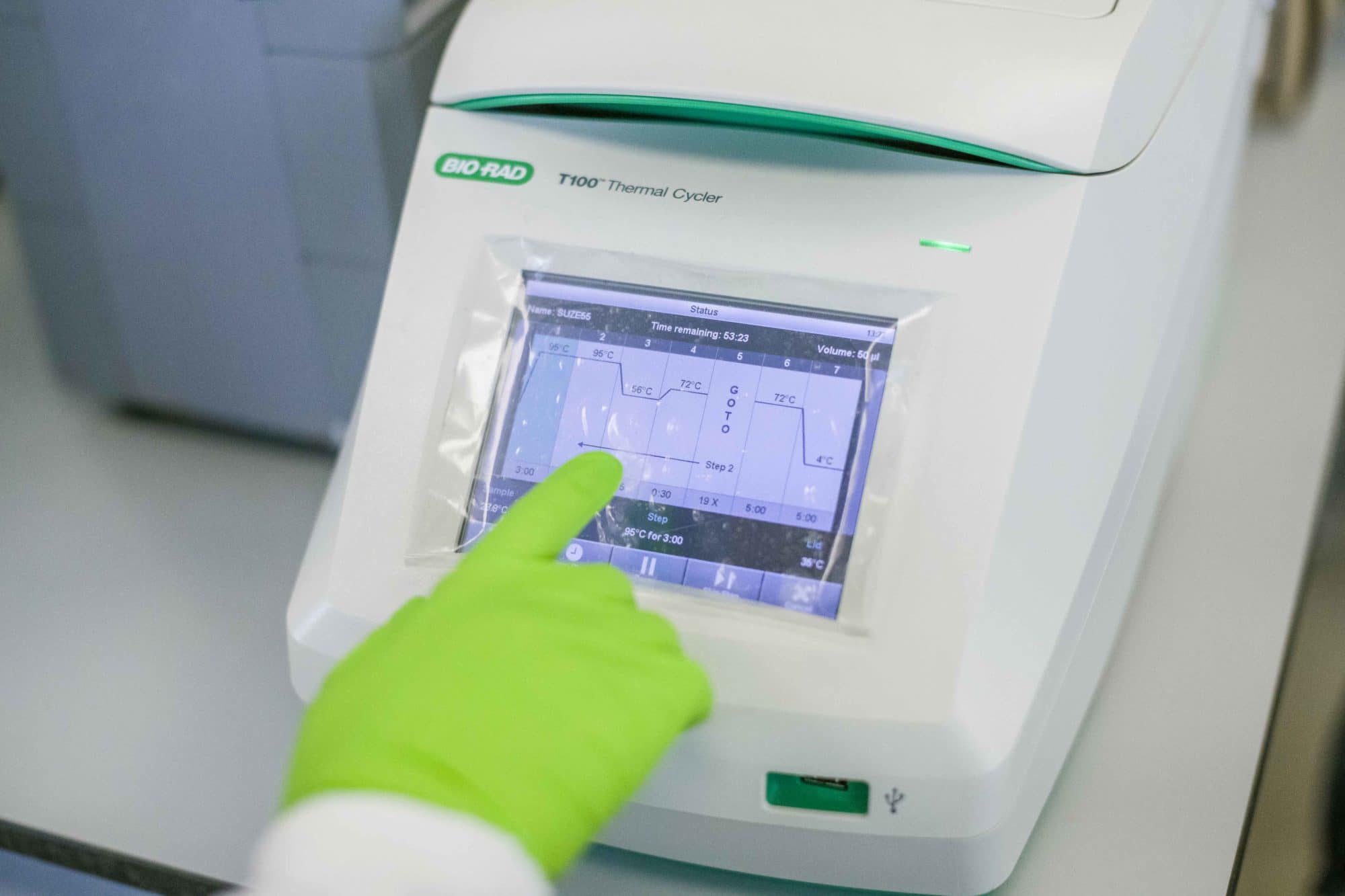
Therapy development updates
There are many ongoing clinical and laboratory studies around the world, exploring innovative approaches to treating inherited sight loss.
Search results

There are many ongoing clinical and laboratory studies around the world, exploring innovative approaches to treating inherited sight loss.
Inflammation and retinal degeneration in retinitis pigmentosa: Can lessons learned in the lab help us identify treatments in the clinic?
CRISPR gene editing leads to improvements in vision for people with inherited blindness, clinical trial shows.
As part of our aim to nurture young scientists, we are very pleased to introduce one of our new PhD students as part of a co-funding agreement with the Macular Society.
Our Medical Advisory Board (MAB) advises our Board of Trustees in order that they can approve grants for research projects.

Cataracts occur fairly frequently and at a relatively early age within the Retina UK community of people with inherited retinal conditions. A question that comes up over and over again is whether or not to have cataract surgery.
In February 2022, ProQR announced a disappointing outcome for their phase 2/3 trial of sepofarsen for Leber congenital amaurosis type 10 (LCA10).
New stem cell treatment gains approval to enter US clinical trials
In spring 2021, the US company jCyte announced detailed results from their successful phase 2b clinical trial of jCell, a stem cell-based treatment for RP.
Retina UK invites expressions of interest to their first major innovation grant call, which will result in an award of up to £1million over five years as a strategic and targeted investment to result in transformative impact for therapy for inherited retinal dystrophy.